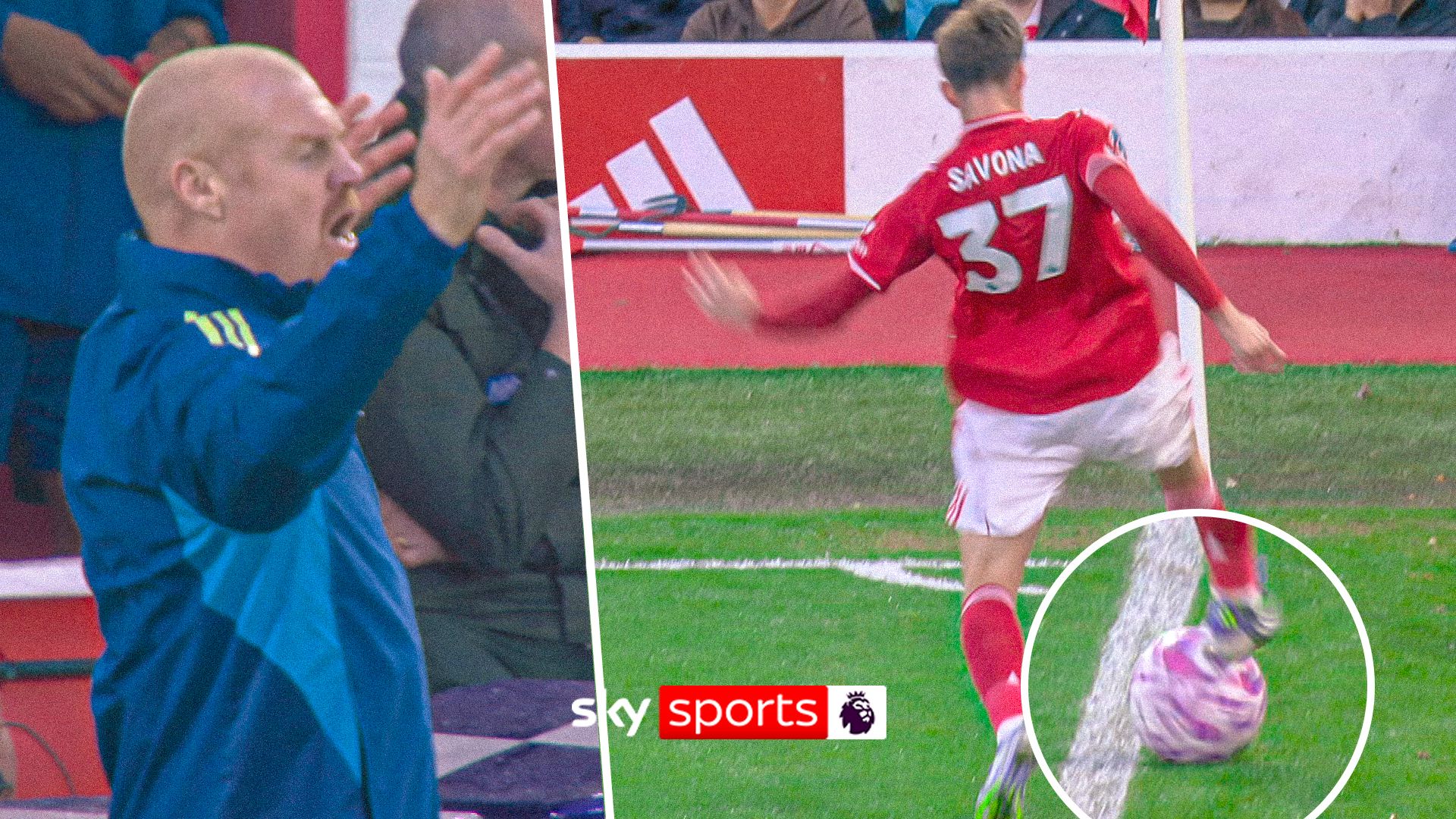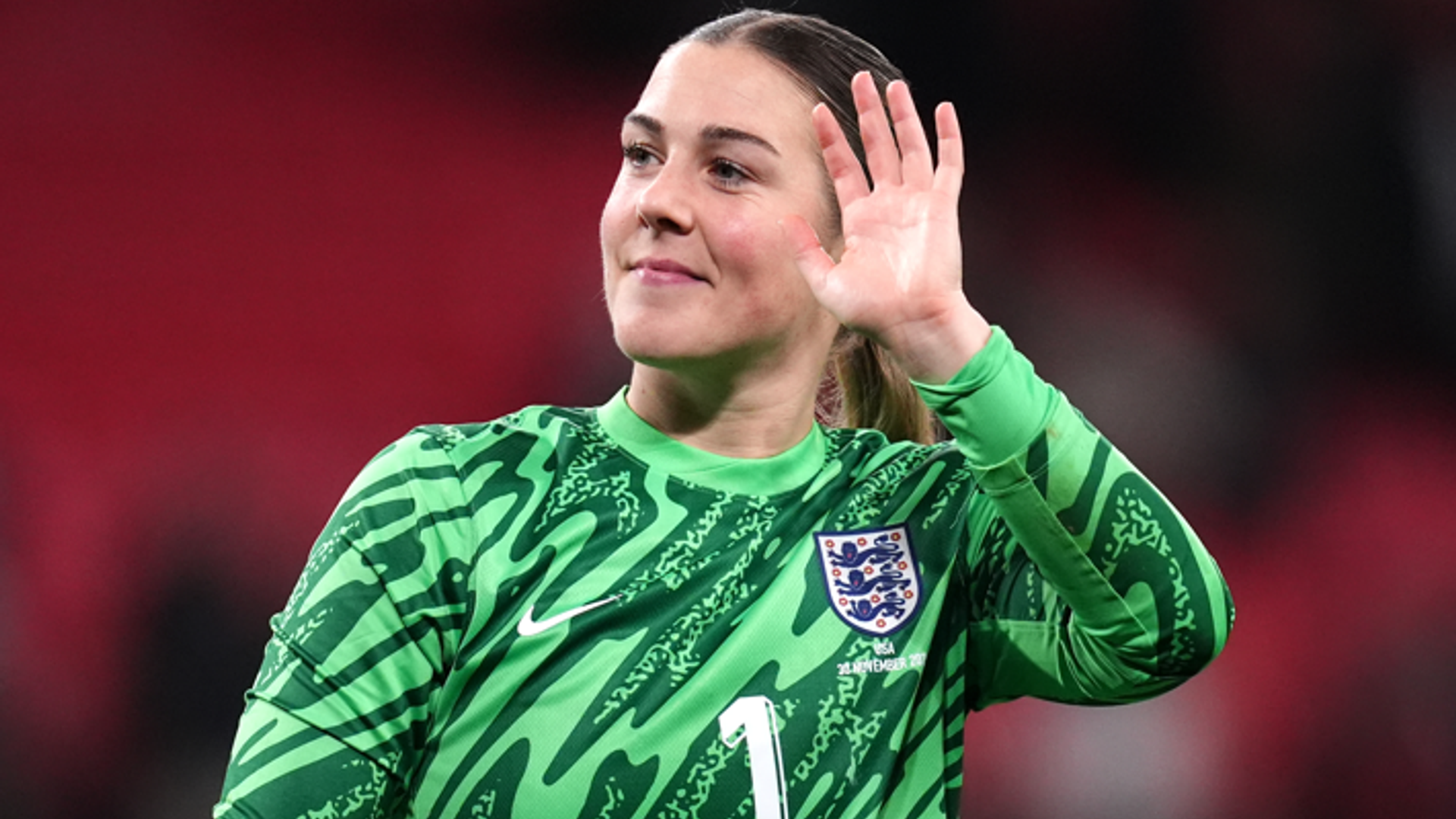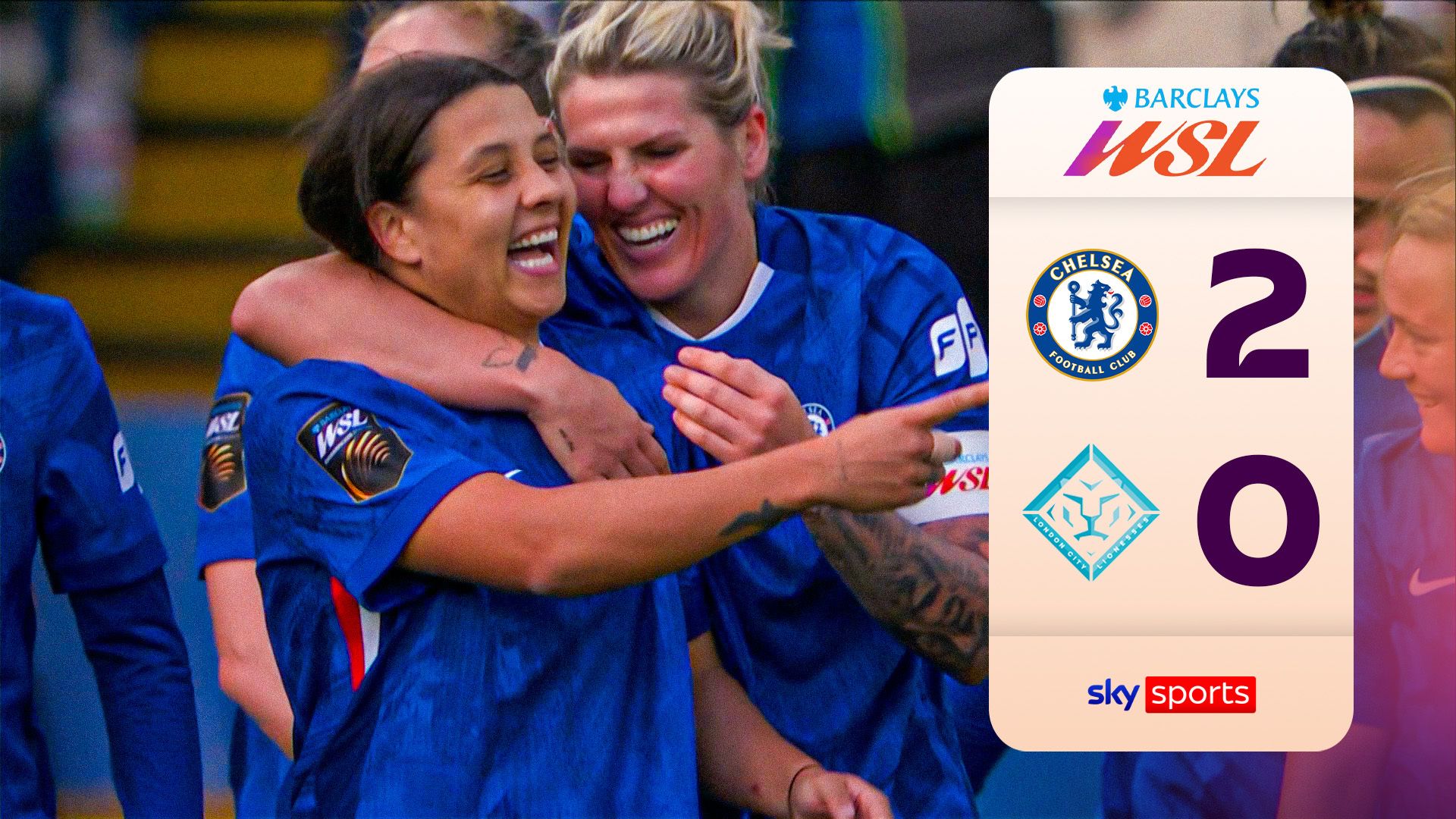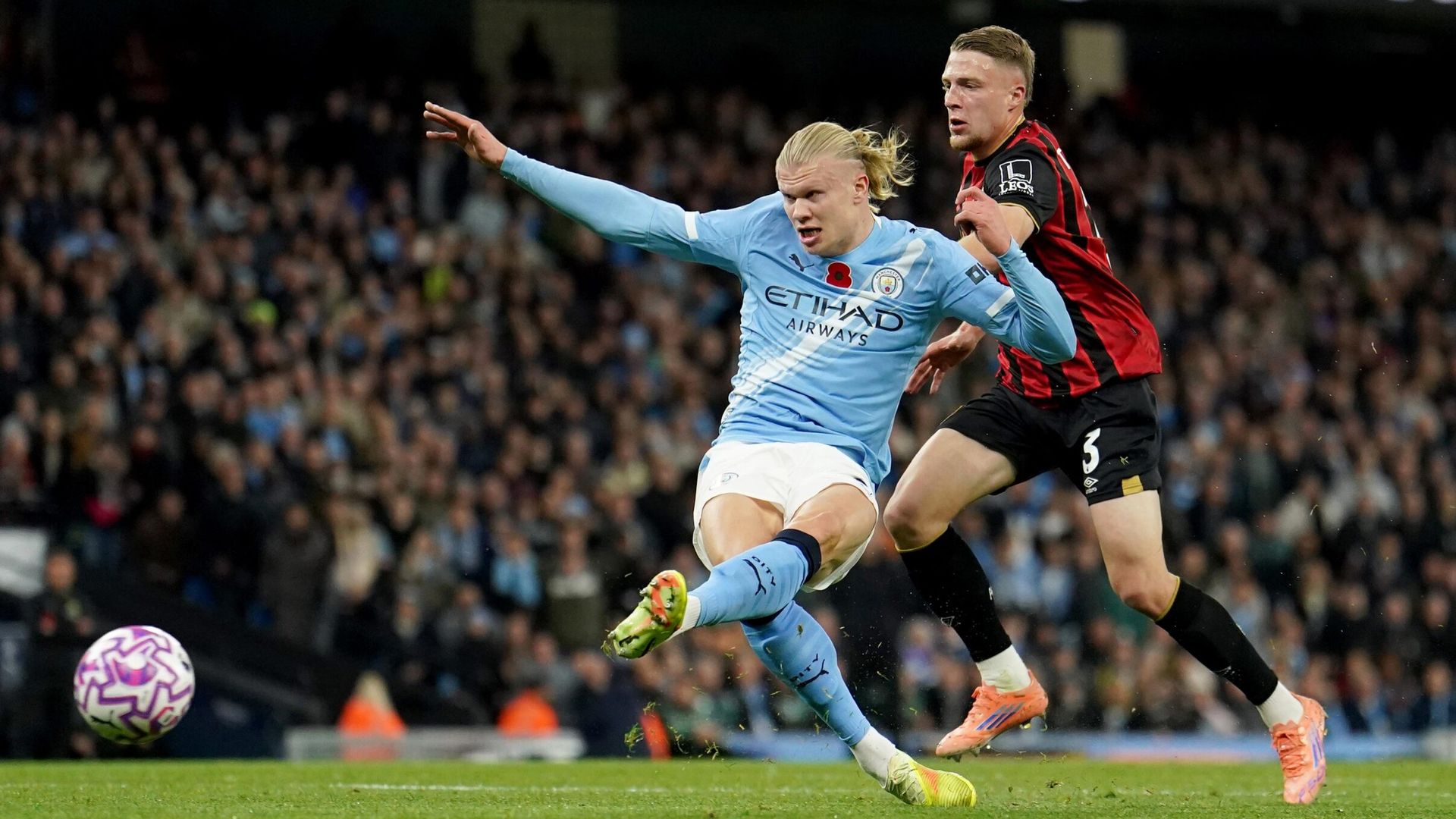VAR’s Flawed System Mirrors Political Corruption, Undermining Fair Play in Football
Nottingham Forest’s recent matches have reignited the debate surrounding the Video Assistant Referee (VAR) system, particularly after manager Sean Dyche’s outspoken criticism of its implementation. Dyche’s call for a reevaluation of VAR rules comes in the wake of his team’s controversial concession of a goal from a corner kick, a situation that has left many questioning the integrity of officiating in football. This incident marks the second consecutive game in which Nottingham Forest has faced a similar fate, raising alarms about the consistency and reliability of VAR decisions.
The introduction of VAR was intended to enhance the accuracy of officiating in football, addressing the long-standing grievances of players, coaches, and fans regarding human error in crucial match moments. However, as Dyche’s comments suggest, the system has not lived up to its promise. Instead of providing clarity and fairness, VAR has often added layers of confusion and frustration, leading to accusations of bias and incompetence. The parallels drawn between VAR’s shortcomings and broader societal issues, such as political corruption, highlight a growing disillusionment among stakeholders in the sport.
In recent years, football has witnessed a surge in technological advancements aimed at improving the game. From goal-line technology to player tracking systems, the integration of tech has transformed how matches are officiated. Yet, VAR stands out as a particularly contentious innovation. Critics argue that the system’s reliance on subjective interpretations and lengthy review processes undermines the fluidity of the game. Dyche’s assertion that VAR needs reform echoes sentiments shared by many within the football community, who feel that the current framework is inadequate and often detrimental to the sport’s integrity.
The controversy surrounding VAR is not limited to Nottingham Forest’s recent experiences. Across various leagues and competitions, fans and analysts have pointed to numerous instances where VAR decisions have sparked outrage. Whether it’s a marginal offside call or a contentious handball ruling, the technology has often failed to deliver the clear-cut justice it promised. This inconsistency has led to a growing divide among supporters, with some advocating for a complete overhaul of the system while others defend its potential when applied correctly.
The emotional weight of these decisions cannot be understated. Football is not just a game; it is a cultural phenomenon that evokes passion and loyalty among millions. When a team’s fate hinges on a controversial VAR decision, the ramifications extend beyond the pitch. Fans feel robbed of their team’s hard work and dedication, leading to a sense of betrayal that can linger long after the final whistle. Dyche’s comments resonate with this sentiment, as he articulates the frustration felt by players and supporters alike.
Moreover, the financial implications of VAR decisions cannot be ignored. In a sport where every point can be crucial for survival or success, the stakes are incredibly high. Teams invest significant resources in their squads, and a single VAR decision can have lasting effects on a club’s fortunes. For clubs like Nottingham Forest, which operate within tight financial constraints, the consequences of a controversial goal can be devastating. Dyche’s call for change is not merely about fairness; it is about protecting the livelihoods of those involved in the sport.
The historical context of officiating in football also plays a role in the current debate. For decades, referees have faced scrutiny for their decisions, often becoming scapegoats for teams’ failures. The introduction of VAR was seen as a way to alleviate some of this pressure, providing a safety net for officials. However, as the technology has evolved, it has become clear that VAR does not eliminate human error; it merely shifts the responsibility. Referees still make critical decisions, and the reliance on VAR can sometimes lead to a lack of accountability.
As the football community grapples with the implications of VAR, it is essential to consider the broader themes at play. The intersection of technology and sport raises questions about the nature of fairness and justice in competitive environments. Just as society grapples with issues of corruption and accountability, so too does football face its own challenges in ensuring that the game remains true to its principles. Dyche’s call for reform is a reflection of this ongoing struggle, as stakeholders seek to reclaim the integrity of the sport.
The future of VAR remains uncertain. As discussions around its effectiveness continue, there is a growing recognition that change is necessary. Whether through adjustments to the rules governing its use or a complete reevaluation of its role in the game, the need for reform is clear. Dyche’s comments serve as a rallying cry for those who believe that football should be governed by principles of fairness and transparency, rather than the whims of technology.
In the coming months, it will be crucial for football’s governing bodies to address these concerns. The voices of managers, players, and fans must be heard as the sport navigates this complex landscape. The integrity of football is at stake, and the decisions made in the wake of this controversy will shape the future of the game for years to come. As the debate continues, one thing is certain: the call for change is not just a plea for fairness; it is a demand for a return to the core values that make football the beautiful game.




